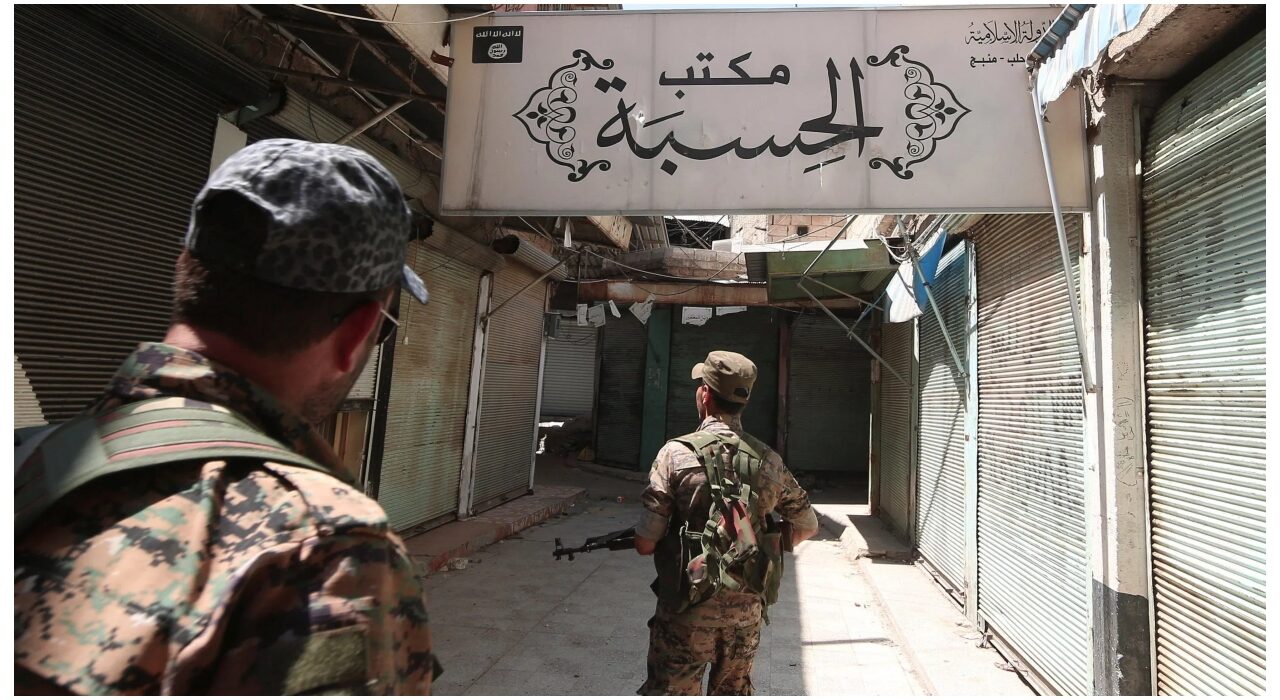Syria’s new authorities are drawing on Islamic principles in order to build the new police force under their newly created system, to instill morality and bring back the rule of law in a country still struggling with 13 years of civil war. This approach, spearheaded by former rebels, seeks to fill the security vacuum left after the dissolution of ousted president Bashar al-Assad’s notorious security forces. However, this approach has been the subject of discussion among residents and foreign observers.
The police force, largely drawn from the northwestern region of Idlib, is undergoing brief training centered on sharia law and ethical conduct. As reported by senior officers and completed application forms obtained by Reuters, recruits are being tested on their understanding to check for compliance with Islamic tenets. This emphasis is in line with the agenda of Syria’s new leadership, although experts are concerned that it has the potential to exacerbate societal cleavages in a heterogeneous country.
Syria’s New Authorities Focus on Balancing Morality to Train Police As Per Islamic Principles
Winning public confidence is crucial for Syria’s new elites to secure their power. Yet, the integration of religion in policing also triggered anxieties among Syria’s minorities (Christian, Alawites and Druze), as well as urban Sunni Muslim seculars (in Damascus and Aleppo).
There are many Syrians that are going to find this unsettling, said Aron Lund of Century International, noting that such a decision could isolate populations hostile to the tenets of religious law. Diplomats warn, too, that focus on Islam may affect the future constitution of the country and discourage international backing.
As de facto chief of the governing coalition, Ahmed al-Sharaa, foreign dignitaries have been convinced to the unlikelihood of extreme measures by assuaging them of the intention of the present government to safeguard the rights of other groups (that of different influences as a matter of course). His faction, Hayat Tahrir al-Sham (HTS), has previously displayed pragmatism, scaling back strict Islamist policies in areas under their control during the war.
Rebuilding the Police Force
When Assad was ousted in December, the police machinery of the capital city was wiped out. Looting left stations crumbling, and only a small part of them has been brought back to life with limited staff. There are reports from senior officers that around 200,000 have applied to join the newly formed force, however recruits at the moment are only receiving 10 days of training, focused [largely] on weapons use and on the study of Islamic jurisprudence.
Applicants are required to state religious affiliation, which has triggered a given risk of application of discriminatory practices against Alawites and other communities. But, officials maintain, the types of questions are routine and do not target exclusion of anyone.
Despite these reassurances, public sentiment remains mixed. Demonstrations in Damascus have been calling for secularism and gender equality. Critics contend that the concentration of religion at the core of policing could ostracize those communities used to secular authority under Assad.
A New Direction Amid Challenges
HTS officials argue that the focus on sharia aims to ensure ethical behavior among officers, contrasting sharply with Assad’s regime, infamous for corruption and human rights abuses. However, the need to stabilize Syria makes the current authorities need to move urgently, while balancing public confidence with the risk of being taken for extremists.
Under the leadership of Syria’s latest authorities, the task ahead is full of challenges, ranging from coping with fragmented community demands to dealing with skepticism at the global level.
Also, see: Google Gemini Live AI Assistant Gets Major Upgrade at Samsung Galaxy Unpacked
